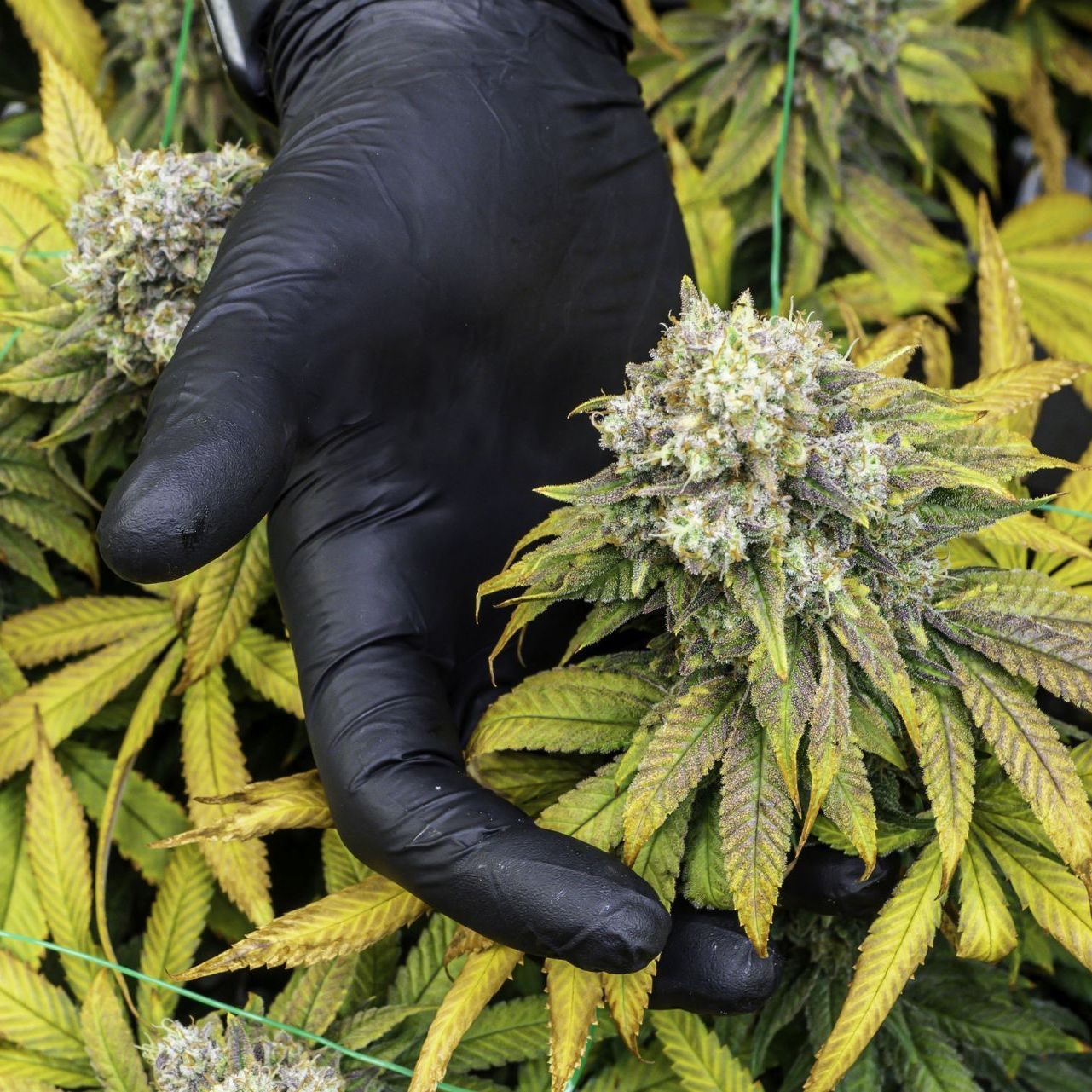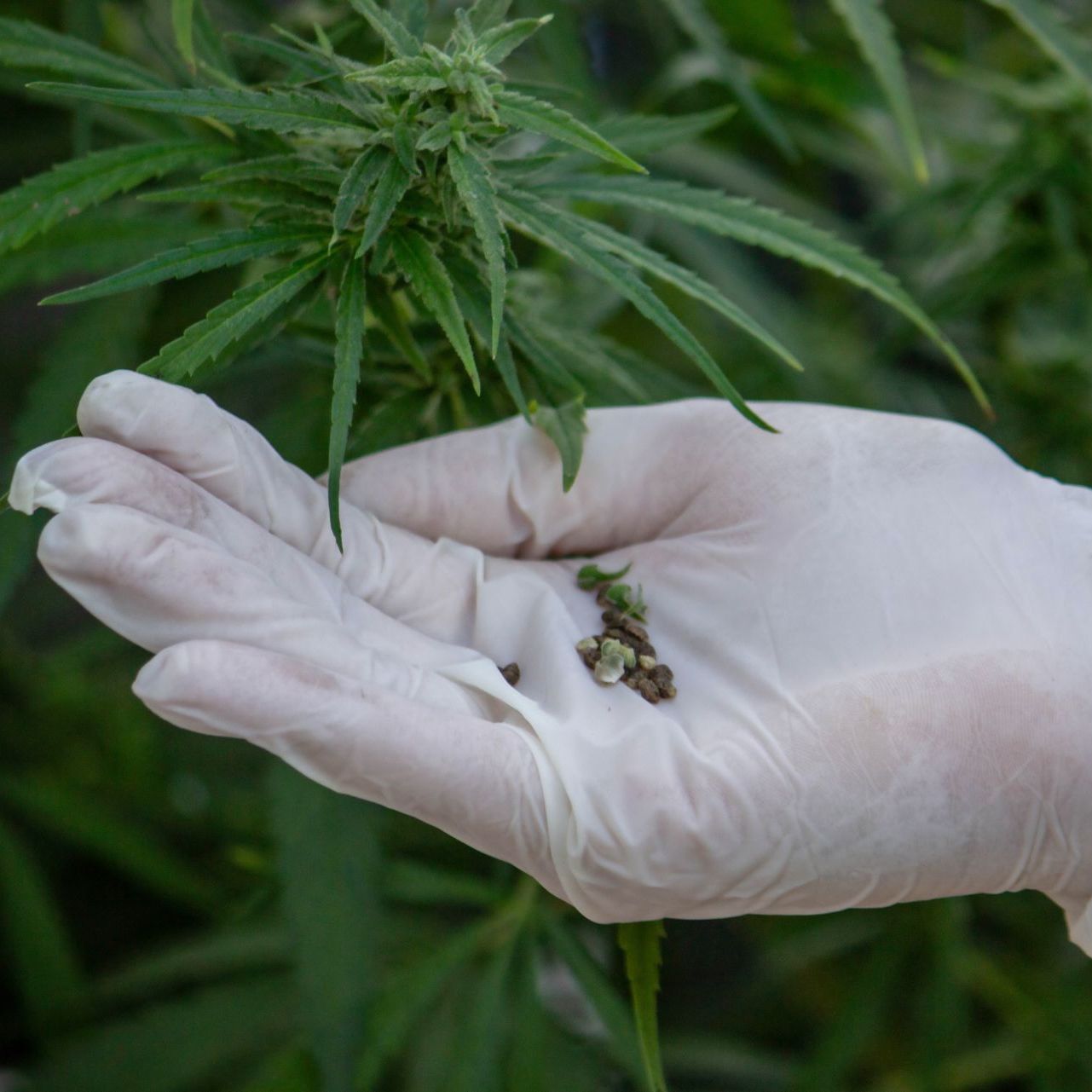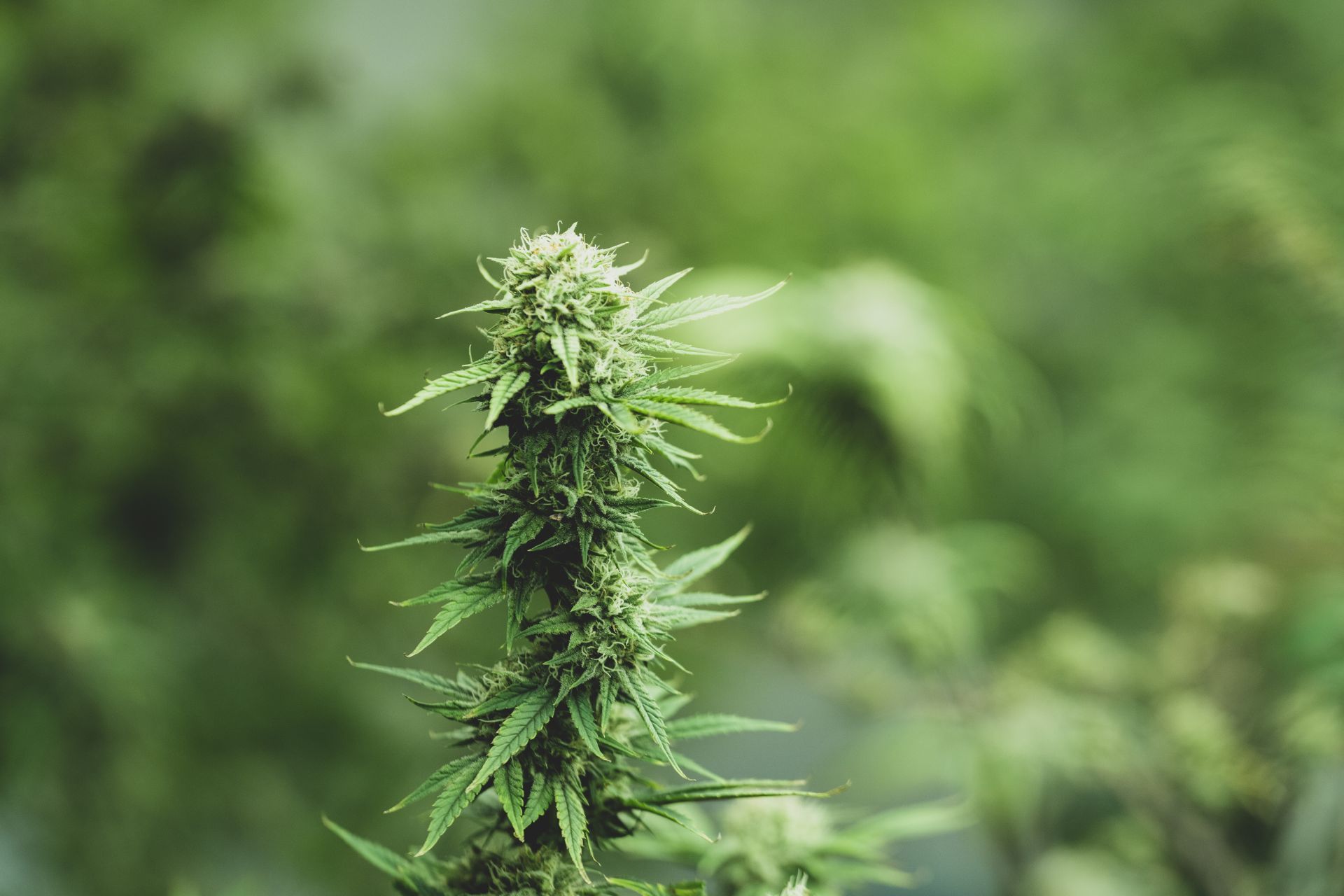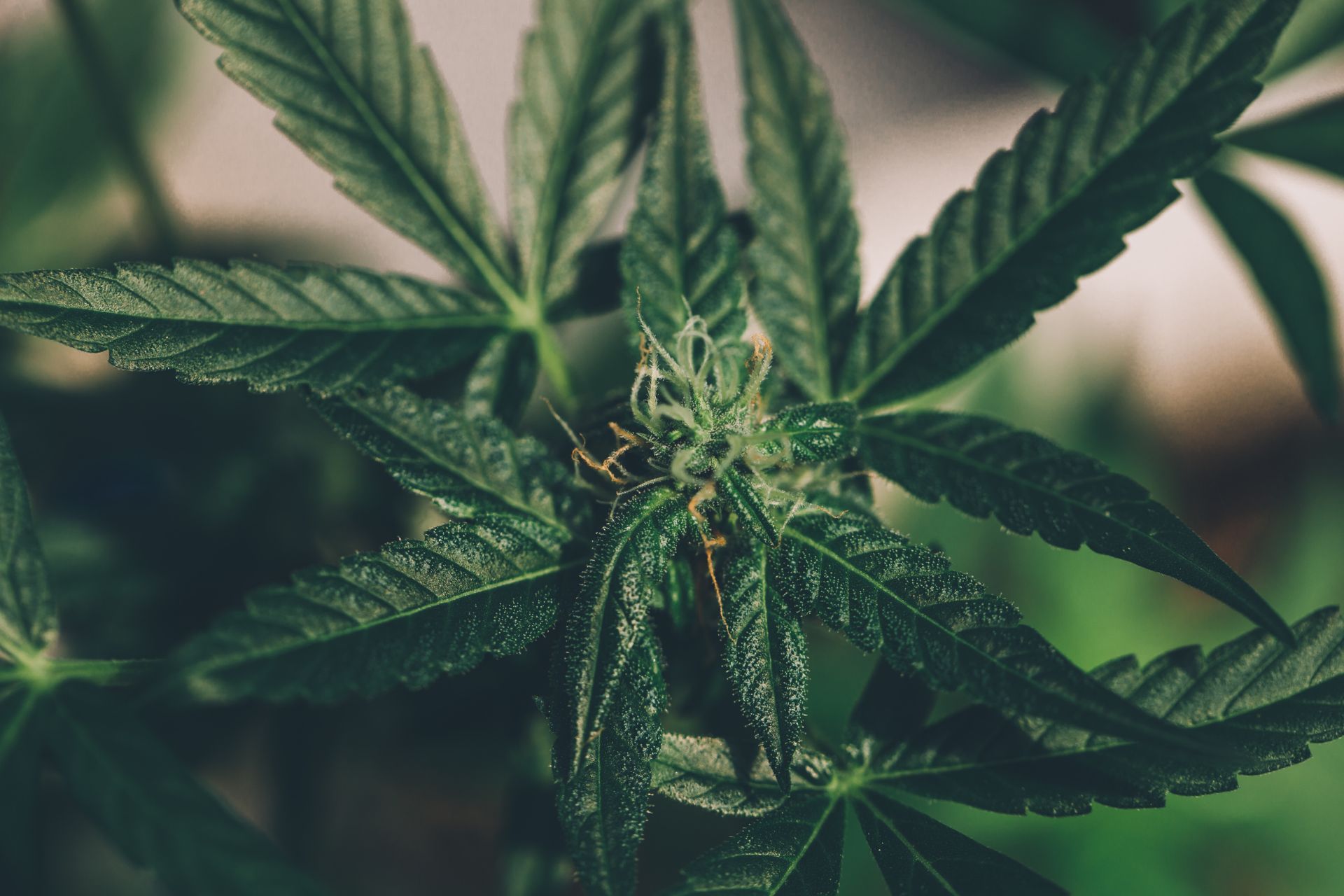Opening a cannabis dispensary in Alabama comes with unique challenges, especially when it comes to insurance coverage. The state's evolving cannabis laws, combined with regulatory complexities and market uncertainties, make understanding dispensary insurance a critical step for any business owner. With Alabama having recently legalized consumable THC products under strict dosage limits, dispensaries must navigate not only operational risks but also the nuances of compliance and product safety.
As of 2025, Alabama’s medical cannabis industry remains in early stages. The Alabama Medical Cannabis Commission has issued licenses for cultivation, processing, transportation, testing, and retail dispensaries, yet no dispensary has officially opened despite millions spent on administration since FY2022. This slow rollout underscores the importance of securing the right insurance to protect your investment and operations as the market matures.
Before diving into coverage specifics, it’s worth noting that nearly half a million Alabamians rely on marketplace health coverage, with most receiving premium tax credits. This statistic reflects the broader healthcare and regulatory environment affecting cannabis businesses and their employees. For dispensary owners, understanding insurance options is not just about compliance but also about safeguarding against financial risks in a complex legal landscape.
Understanding Cannabis Insurance
Cannabis dispensaries face a range of risks that traditional retail businesses may not encounter. These include product liability, regulatory compliance, theft, employee safety, and potential contamination issues. Given Alabama’s recent legalization of consumable THC products with specific dosage restrictions, dispensaries must ensure their insurance policies cover these unique factors.
Product liability insurance is a cornerstone for dispensaries. It protects against claims arising from adverse reactions or contamination of cannabis products. Experts like Shaun Opie emphasize the importance of rigorous testing and shelf surveillance programs to monitor product safety. Without these safeguards, dispensaries risk costly lawsuits and damage to their reputation. Furthermore, the evolving nature of cannabis products, including edibles and concentrates, necessitates that dispensaries stay informed about the latest safety protocols and industry standards to mitigate risks effectively.
Property and general liability insurance cover physical assets and customer injuries on-site. Cannabis businesses are often targeted for theft due to the high value of their inventory, so coverage against burglary and robbery is essential. Additionally, workers’ compensation insurance is necessary to protect employees, especially in cultivation and processing environments where workplace hazards exist. The physical nature of cannabis cultivation can expose workers to various risks, from heavy machinery accidents to exposure to chemicals used in the growing process. Thus, dispensaries must implement comprehensive safety training programs to further reduce these risks and ensure compliance with occupational safety regulations.
Given the regulatory landscape, dispensaries must also consider coverage for compliance-related fines or legal defense costs. Alabama’s HB 445, which bans smokable THC but allows consumable products with dosage limits, adds complexity to product offerings and marketing. Insurance policies should reflect these legal boundaries to avoid gaps in protection. Additionally, as the cannabis industry continues to evolve, staying abreast of legislative changes is crucial. Dispensaries may benefit from consulting with legal experts who specialize in cannabis law to navigate the intricate regulatory environment and ensure that their insurance policies are both comprehensive and up-to-date.
Key Insurance Policies for Dispensaries
- Product Liability Insurance: Covers claims related to product defects or contamination.
- General Liability Insurance: Protects against third-party bodily injury or property damage claims.
- Property Insurance: Covers damage or loss of physical assets including inventory and equipment.
- Workers’ Compensation: Provides benefits for employees injured on the job.
- Commercial Auto Insurance: Necessary if the business involves transportation of cannabis products.
- Cyber Liability Insurance: Protects against data breaches and cyberattacks, increasingly important for dispensaries handling sensitive customer information. Provides benefits for employees injured on the job.
- Commercial Auto Insurance: Necessary if the business involves transportation of cannabis products.
- Cyber Liability Insurance: Protects against data breaches and cyberattacks, increasingly important for dispensaries handling sensitive customer information.

Article By: Deb Sculli
Cannabis Insurance Specialist
TruePath Insurance is fully licensed and authorized to provide comprehensive insurance solutions across multiple states.
We proudly serve individuals and businesses nationwide, offering access to trusted regional and national carriers. Our goal is to help clients find reliable, affordable coverage that aligns with their goals—whether for personal protection, business stability, or long-term financial security.
Factors Influencing Dispensary Insurance Costs in Alabama
Insurance premiums for cannabis dispensaries vary widely depending on several factors. Location, size, product types, security measures, and compliance history all play critical roles in determining costs.
Alabama’s cannabis market is still developing. The Alabama Medical Cannabis Commission has spent $8.4 million since FY2022 without opening a single dispensary, indicating a cautious regulatory approach. This uncertainty can increase insurance costs as underwriters factor in regulatory risk and market volatility. The evolving legal landscape means that dispensaries must stay informed about potential changes in legislation that could impact their operations and insurance needs. As the market matures, businesses may find themselves needing to adapt their insurance policies to align with new regulations, which can further complicate cost assessments.
Security is a major cost driver. Dispensaries with robust security systems, including surveillance cameras, alarm systems, and secure storage, typically benefit from lower premiums. Given the high risk of theft, insurers look closely at how well a business protects its assets. Moreover, the presence of security personnel and the implementation of strict access controls can also influence insurance rates. Insurers may require regular audits of security measures to ensure compliance with industry standards, adding another layer of complexity to the insurance process.
Product type also matters. Since Alabama bans smokable THC but allows consumables with dosage limits, dispensaries focusing on edibles or tinctures may face different risk profiles than those in states with broader product allowances. Insurance providers assess these risks when pricing policies. Additionally, the sourcing of ingredients and the manufacturing processes can play a significant role in determining the overall risk associated with a product line. Dispensaries that prioritize organic or locally sourced ingredients may find that their commitment to quality can positively influence their insurance premiums, as they may be viewed as lower-risk operations.
Employee count and experience influence workers’ compensation premiums. Businesses with well-trained staff and strong safety protocols often see lower rates. Additionally, dispensaries that implement thorough product testing and quality control measures can reduce product liability premiums. Training programs that emphasize safety and compliance can not only lower insurance costs but also enhance overall operational efficiency. Furthermore, dispensaries that foster a culture of safety and accountability among employees may experience fewer workplace incidents, leading to a more favorable claims history and potentially lower premiums over time.
Typical Cost Ranges
| Insurance Type | Estimated Annual Cost | Notes |
|---|---|---|
| Product Liability | $5,000 – $15,000 | Depends on product range and testing protocols |
| General Liability | $1,500 – $5,000 | Based on location and customer traffic |
| Property Insurance | $2,000 – $7,000 | Varies with property value and security measures |
| Workers’ Compensation | $3,000 – $10,000 | Reflects number of employees and risk level |
| Commercial Auto | $1,000 – $3,000 | For transportation vehicles |
| Cyber Liability | $1,000 – $4,000 | Important for data protection |

Regulatory Impact on Insurance and Business Operations
Alabama’s cannabis laws are shaping the insurance landscape in significant ways. The passage of HB 445 in June 2025 banned smokable THC products but legalized consumable THC with dosage limits. This change affects dispensary product lines and the associated liability risks.
Dispensaries must adjust their insurance to reflect these legal restrictions. For example, product liability policies must cover only the approved consumable forms, which may have different risk profiles than smokable products. This specificity can influence underwriting decisions and premium costs. Insurers are now tasked with evaluating the safety and efficacy of these new product lines, which may require additional research and data collection to accurately assess risk. As a result, dispensaries may find themselves facing higher premiums or more stringent requirements to obtain coverage, especially if they are introducing innovative products that have not been widely tested in the market.
Additionally, the slow pace of dispensary openings in Alabama, despite licensing efforts, means insurers are cautious. The Alabama Medical Cannabis Commission’s expenditure of $8.4 million without operational dispensaries signals regulatory hurdles that could impact business viability and insurance risk assessments. This lack of operational dispensaries not only affects insurance but also creates uncertainty for potential investors and entrepreneurs looking to enter the market. The prolonged timeline for establishing a robust cannabis industry in Alabama may deter new businesses from pursuing licenses, further complicating the insurance landscape as fewer players mean less competition and potentially higher costs for coverage.
Compliance-related coverage is increasingly important. Businesses may need insurance that covers legal defense costs or fines resulting from regulatory violations. Given the evolving nature of cannabis laws, staying informed and working with insurers familiar with Alabama’s market is crucial. Furthermore, as regulations continue to evolve, businesses must also consider the implications of federal laws that may intersect with state regulations, adding another layer of complexity to compliance and insurance needs. Insurers may require businesses to implement robust compliance programs, which could include regular training for employees on legal requirements and best practices to mitigate risks associated with non-compliance.
For more insight into Alabama’s cannabis law changes and their impact on business owners, see this
WSFA report on HB 445.
Product Safety and Quality Control Considerations
Ensuring product safety is a top priority for dispensaries. Contaminated or mislabeled cannabis products can lead to serious health issues and costly legal claims. According to experts like Shaun Opie, implementing shelf surveillance testing programs helps monitor products after they reach consumers, reducing risks and insurance claims.
Alabama’s regulatory framework requires strict dosage limits for consumable THC, which adds a layer of complexity to product testing and labeling. Dispensaries must invest in reliable testing to comply with these standards and protect customers. This often involves working with accredited laboratories that can conduct a variety of tests, including potency analysis, microbial testing, and pesticide screening. Such rigorous testing not only ensures compliance but also builds consumer trust, as customers are increasingly seeking transparency regarding the products they consume.
Looking at neighboring states can offer lessons. A 2023 study in Oklahoma found that 55% of medical marijuana patients accessed some products from illicit sources. This highlights the importance of trustworthy, licensed dispensaries and underscores why insurance companies focus heavily on product liability and quality control measures. The disparity in product safety between licensed and unlicensed sources emphasizes the need for education among consumers about the risks associated with unregulated products. Dispensaries can play a vital role in this education, offering workshops or informational sessions to inform patients about the benefits of purchasing from licensed sources.
Insurance providers often require proof of testing protocols and quality assurance as part of underwriting. Businesses that prioritize these practices can benefit from lower premiums and stronger coverage terms. Moreover, by adopting comprehensive quality control measures, dispensaries not only mitigate risks but also enhance their brand reputation. Customers are more likely to return to a dispensary that demonstrates a commitment to safety and quality, fostering customer loyalty and potentially increasing market share. In an industry where consumer confidence is paramount, these proactive steps can distinguish a business from its competitors.

Frequently Asked Questions About Alabama Dispensary Insurance
Q: What types of insurance are mandatory for cannabis dispensaries in Alabama?
A: While Alabama does not mandate all cannabis-specific insurance types, dispensaries typically need general liability, product liability, property insurance, and workers’ compensation to operate safely and comply with regulations.
Q: How does Alabama’s ban on smokable THC affect insurance?
A: The ban limits product offerings to consumables with dosage limits, which changes the risk profile. Insurance policies must be tailored to cover these specific products, impacting premiums and coverage terms.
Q: Why are insurance costs higher for cannabis dispensaries compared to other retail businesses?
A: Cannabis businesses face unique risks including regulatory uncertainty, high theft potential, product liability concerns, and compliance costs, all of which increase insurance premiums.
Q: Can dispensaries reduce insurance costs by improving security?
A: Yes. Strong security systems like alarms, cameras, and secure storage can lower premiums by reducing theft and liability risks.
Q: Are there insurance options for covering legal defense costs related to cannabis regulations?
A: Some insurers offer coverage for legal expenses and fines related to regulatory compliance, which is advisable given the evolving legal landscape in Alabama.
Q: How important is product testing for insurance purposes?
A: Very important. Reliable product testing reduces liability risks and is often required by insurers to qualify for product liability coverage.
Q: Where can I find official licensing information for Alabama cannabis businesses?
A: The Alabama Medical Cannabis Commission provides licensing details and updates on dispensary regulations. For more information, visit
AlabamaCannabis.org.
What to Remember When Choosing Dispensary Insurance
Choosing the right insurance coverage is a strategic decision that can protect your dispensary from financial loss and legal troubles. Alabama’s cannabis industry is still taking shape, so working with insurers who understand the local regulatory environment is essential.
Focus on comprehensive coverage that includes product liability, general liability, property, and workers’ compensation. Don’t overlook emerging risks like cyber liability and legal defense coverage. Investing in security and quality control not only safeguards your business but also helps reduce insurance premiums.
Finally, stay informed about regulatory changes. Laws like HB 445 directly impact what products you can offer and how your insurance policies should be structured. Keeping pace with these developments ensures your business remains compliant and well-protected.
For a deeper look at Alabama’s healthcare context and how it relates to business risks, consider data from
Alabama Arise, which highlights the financial pressures many residents face, underscoring the importance of reliable insurance coverage.
About The Author: Deb Sculli
I’m Deb, a Cannabis Insurance Specialist focused on helping dispensaries, cultivators, and cannabis-related businesses find the right protection. With a strong understanding of the industry’s regulations and risks, I work hard to simplify the insurance process—so my clients stay compliant and confidently safeguard their operations and investments.
Contact Us
WHO WE HELP
Serving the Cannabis Supply Chain
We cover licensed operators at every stage.
OUR BLOGS
Resources for Cannabis Business Owners
Stay informed and protected with our latest posts.
COMMON QUESTIONS
Cannabis Insurance Made Clear
Answers to the questions we hear most from cannabis business owners.
What types of insurance do you offer for cannabis businesses?
We offer commercial property, general liability, product liability, crop insurance, workers’ compensation, and cyber liability tailored to cannabis operations. These policies address the most common risks, such as crop loss, product claims, and facility damage.
Our agents will help you match the right coverage to your business type and scale, whether you're a dispensary, grower, processor, or distributor.
Why is specialized cannabis insurance necessary?
Standard business policies often exclude cannabis-related activities, which leaves significant exposure gaps. Cannabis-specific insurance covers unique industry risks like product recalls, crop theft, and regulatory compliance.
Having the right policy also satisfies licensing, leasing, and vendor requirements, allowing your business to operate legally and securely.
How does your agency ensure compliance with state regulations?
Many states require proof of specific insurance types before issuing or renewing cannabis licenses. We stay up-to-date on regulatory changes and ensure your policies meet state and local mandates.
That means you avoid surprises during audits or inspections and maintain good standing with licensing authorities.
How fast can I get a quote and bind coverage?
Request a quote and you’ll typically receive a custom proposal within 24 hours. Once you review and accept it, coverage can often be bound the same day, so your business isn’t left exposed.
We streamline documentation and communication to make setup fast and clear—no confusing forms or delays.
Do you support multi-state cannabis businesses?
Yes. We are licensed to operate in 36 states, including major cannabis markets. Whether you’re operating in one state or across several, we can design policies that address your regulatory and risk needs.
As you expand, our team adjusts your coverage accordingly—keeping your protection consistent across state lines.
What should I consider when selecting cannabis insurance?
Begin by identifying your key exposures—crop value, product inventory, employee safety, or cyber data. From there, choose coverage that aligns with these risks instead of opting for a basic or low-cost solution.
Also, look for a provider with cannabis expertise and responsive claims support—this experience helps during actual loss events.
Contact Us
Phone
Address







